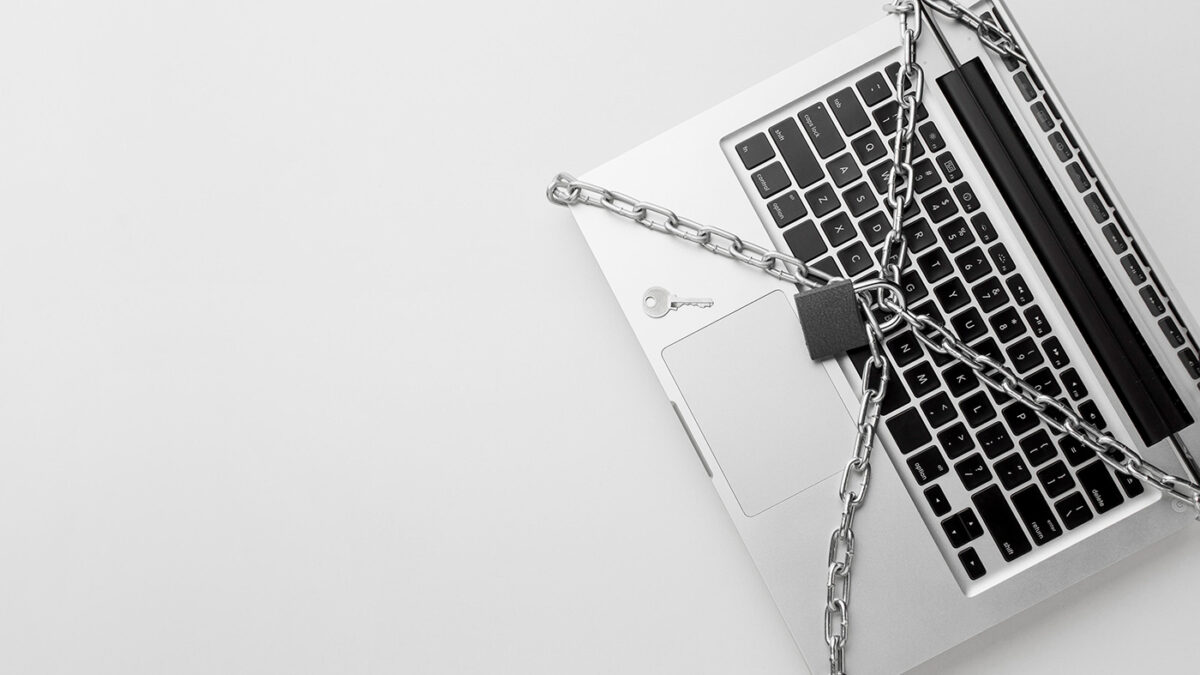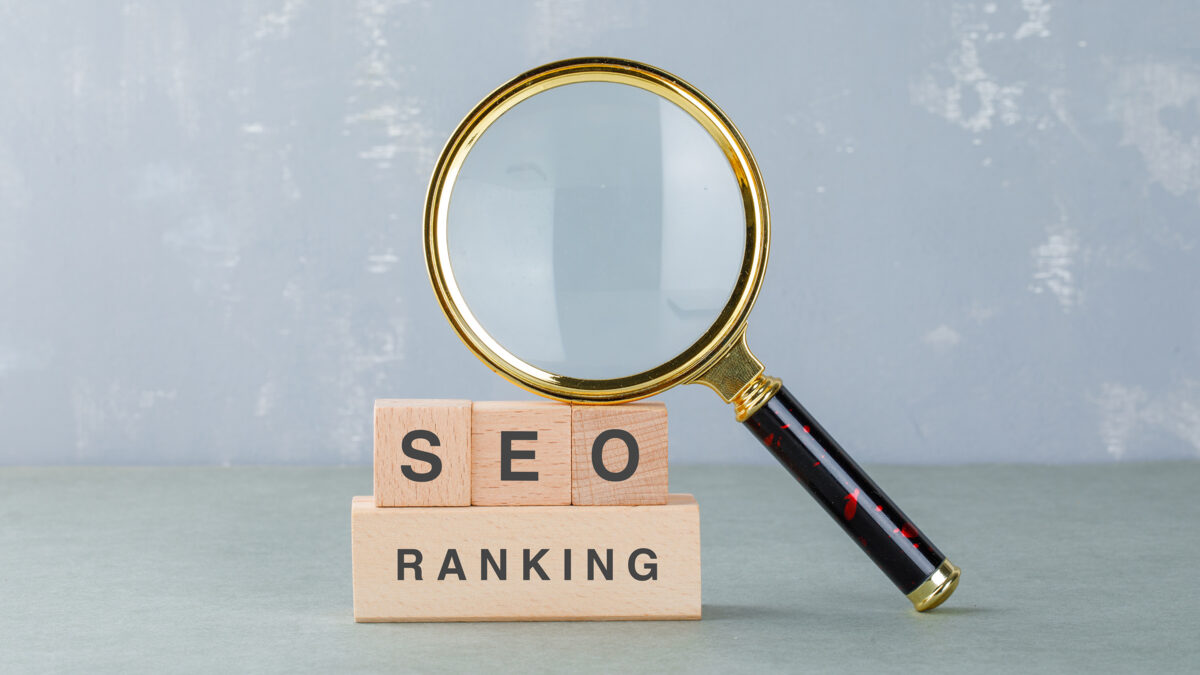WordPress Security is better than you think
Martin Szigeti

WordPress has gained an unfair reputation for being insecure. This perception often stems from its popularity; as the most widely used content management system (CMS) globally, WordPress is a bigger target for hackers. However, it’s important to note that WordPress, in its default form, is a secure platform.
A common misconception is that WordPress, being an open-source platform, is inherently more vulnerable to attacks. However, the truth is quite the opposite. The open-source nature of WordPress allows for transparency, which fosters a large and active community of developers who constantly review, improve, and patch the software. This collective effort results in quicker identification and resolution of potential security vulnerabilities. In essence, open source is more about promoting software freedom and collaboration, and it does not compromise security. In fact, it can lead to a more secure platform due to constant oversight and updates from the community.
Many of the security issues that WordPress sites face are due to external factors such as outdated plugins, poorly coded themes, and misconfigured settings. As a WordPress development agency, we’ve seen firsthand that the platform’s security depends largely on how well it is maintained and the best practices that are implemented.
Even government websites, such as the White House site, use WordPress. This demonstrates the platform’s ability to meet strict security standards. To see five leading enterprises that trust WordPress for their websites, check out our latest article HERE.
The Reality About WordPress Security
WordPress is as secure as any other platform if used correctly. The reality is, many security vulnerabilities stem from human error or neglect—such as failing to apply updates or using insecure plugins. Hackers target outdated software and improperly configured websites, not the core system itself. With proper management and a proactive approach, WordPress can be a robust and secure solution for any business.
Why WordPress Security Matters to Your Online Business
Data Protection
Your business website likely handles sensitive data, whether it’s customer details, payment information, or business operations. If your WordPress site is compromised, this data could be stolen or manipulated. Securing your website is essential to protecting this information, minimizing your risk of breaches and legal repercussions.
Customer Trust
Consumers expect secure websites. A data breach or visible vulnerabilities on your website can lead to a loss of customer trust, negatively impacting your reputation. A secure website not only protects your business but also assures visitors that their information is safe.
Preventing Downtime
A security breach can lead to significant website downtime, whether it’s caused by malware, server overloads, or deliberate attacks. For businesses that depend on their website for sales, customer inquiries, or marketing, downtime can lead to lost revenue and damaged relationships.
Enhancing SEO
Security is a factor in search engine rankings. Google, in particular, prioritizes secure websites and penalizes those found to be unsafe. If your website is hacked or flagged for malware, your SEO rankings could go down, significantly affecting your online visibility and traffic.
WordPress Security Essentials

There are several simple actions your team can take to reduce security risks. These steps are easy to implement and serve as the foundation for securing your website. By starting with these basic measures, you can significantly enhance your site’s protection against potential threats.
Update Your WordPress Core, Themes, and Plugins
Keeping your WordPress core, themes, and plugins updated is one of the most critical security practices. Each update often includes patches for newly discovered vulnerabilities, helping to keep your site secure.
Ensure You and Users Use Strong, Unique Passwords
Weak passwords are one of the easiest ways for hackers to gain access to your site. Enforcing strong, unique passwords for all users, especially admins, is essential. Password managers can help by generating and storing strong passwords securely.
Enable Two-Factor Authentication (2FA)
Two-factor authentication adds an extra layer of security to your WordPress site by requiring users to verify their identity with a second device, such as a mobile phone. This can significantly reduce the risk of unauthorized access, even if passwords are compromised.
Backup Your Website’s Database and Files
Regular backups are critical. In the event of a breach, a backup allows you to restore your site quickly without significant loss of data. Schedule automated backups and store them in a secure location separate from your main site.
Check User Roles and Set File Permissions
Limiting the roles and access that users have to your WordPress site reduces the risk of internal vulnerabilities. Regularly review user permissions and ensure that only necessary users have administrative privileges. Additionally, properly configuring file permissions helps prevent unauthorized users from altering critical files.
Advanced Techniques to Improve WordPress Security
Switch to a Reputable Hosting Provider
The foundation of WordPress security begins with a reliable hosting provider. At 40Q, we’ve partnered with WordPress VIP to ensure industry-leading hosting security. As one of the most trusted hosting solutions, WordPress VIP offers a comprehensive suite of tools that significantly enhance your site’s security, from continuous monitoring to advanced threat protection. This partnership allows us to provide our clients with the highest level of security and performance for their WordPress sites.

- Continuous Monitoring: Reputable hosting companies continuously monitor their network for suspicious activity, identifying potential threats before they become serious.
- DDoS Protection: Hosting providers offer protection against Distributed Denial of Service (DDoS) attacks, which can overwhelm and crash your site by flooding it with traffic.
- Regular Updates: They ensure their servers, PHP versions, and related software are kept up to date, reducing the risk of vulnerabilities.
- Disaster Recovery Plans: If something goes wrong, a good host has disaster recovery plans in place to ensure data can be quickly restored, minimizing downtime.
Implement a Web Application Firewall (WAF)
A Web Application Firewall acts as a protective shield between your website and the internet, filtering out malicious traffic before it reaches your WordPress site. It helps block common threats such as SQL injection, cross-site scripting (XSS), and other types of attacks. By using a WAF, you significantly reduce the chances of hackers exploiting vulnerabilities in your site.
Limit Login Attempts and Use CAPTCHA
By default, WordPress allows unlimited login attempts, making brute force attacks easier. Limiting login attempts ensures that after a few failed attempts, users are temporarily locked out, making it harder for hackers to guess your login credentials. Adding CAPTCHA to login forms provides an extra layer of security, blocking automated bot attacks.
At 40Q, we understand the importance of security for your business and customers. By following best practices, such as updating software, choosing a reputable hosting provider, and implementing strong security measures, you can safeguard your website from most threats. WordPress security is not about reacting to threats but proactively preventing them. With the right approach, your website can be a fortress for your business, not a vulnerability.


